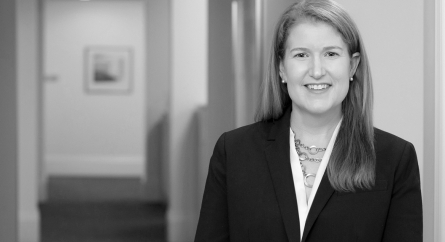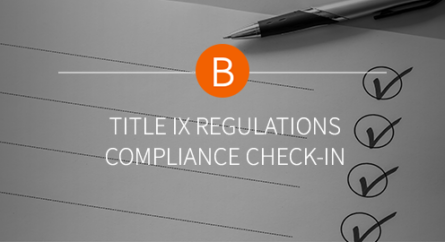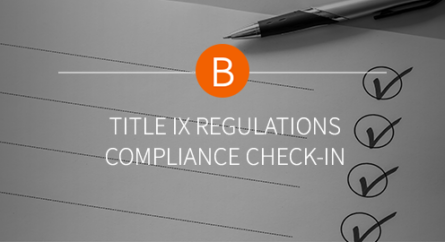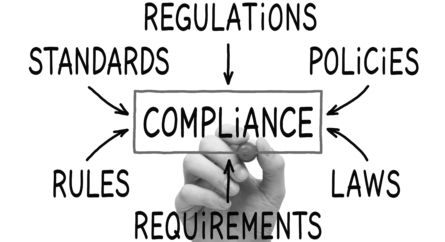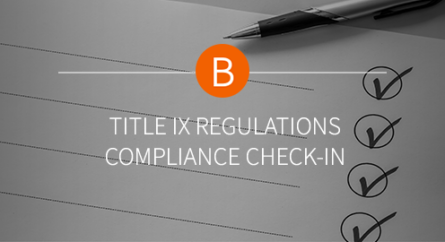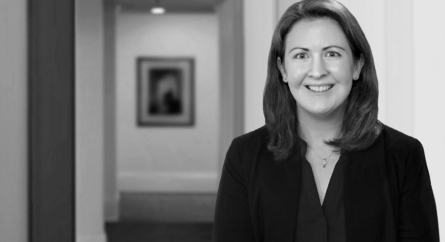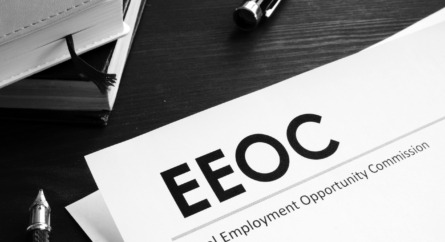Educational Institutions Affiliated with Religious Organizations May Be Liable Under Massachusetts Law For Hiring or Firing Based on Religious Principles
The tension between these two statutory provisions was addressed by the Massachusetts Superior Court in the case of Barrett v. Fontbonne Academy, 33 Mass. L. Rptr. 287 (2015). In that case, the plaintiff Barrett alleged that his already-accepted employment offer was wrongfully rescinded in violation of G. L. c. 151B after Fontbonne Academy, a Catholic preparatory school, discovered that he was homosexual and married to a man. Fontbonne Academy argued, in its defense, that it was exempt from liability under G. L. c. 151B §4(18).
The court ruled in favor of Barrett and held that Fontbonne Academy was not exempt from G. L. c. 151B. In doing so, the court concluded that the limiting language in §1(5) modified the more broad language in s.4(18), reasoning that such a construction was more consistent with the purpose of the statute. Because Fontbonne Academy admitted non-Catholic students and did not require its employees to be Catholic (with the exception of its administration and theology faculty), it did not, according to the court, “limit its membership, enrollment, admission, or participation” to members of the Catholic faith within the meaning of §1(5), and therefore was found to be not exempt from G. L. c. 151B.
The decision in Barrett v. Fontbonne Academy was only a trial court order, and as such is not a binding interpretation of Massachusetts law. Nevertheless, any future appellate court considering this issue will surely be informed, and quite possibly persuaded, by the Barrett decision. For now, the state of the law remains unsettled.
Categorized: Religion
Tagged In: discrimination, religious beliefs, sexual orientation


